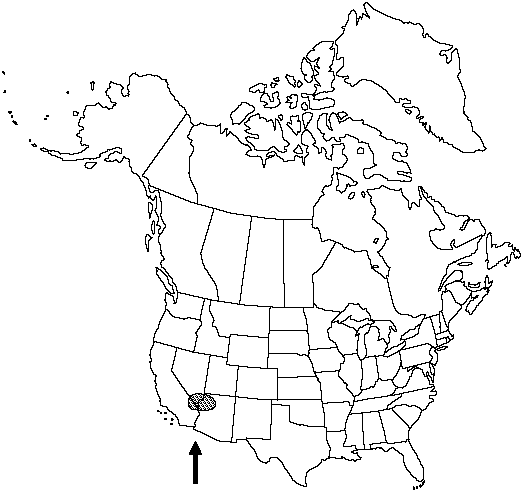Difference between revisions of "Selaginella leucobryoides"
Smithsonian Misc. Collect. 75: 8. 1920.
imported>Volume Importer |
imported>Volume Importer |
||
| Line 49: | Line 49: | ||
|publication year=1920 | |publication year=1920 | ||
|special status=Endemic | |special status=Endemic | ||
| − | |source xml=https:// | + | |source xml=https://bitbucket.org/aafc-mbb/fna-data-curation/src/2e0870ddd59836b60bcf96646a41e87ea5a5943a/coarse_grained_fna_xml/V2/V2_750.xml |
|genus=Selaginella | |genus=Selaginella | ||
|subgenus=Selaginella subg. Tetragonostachys | |subgenus=Selaginella subg. Tetragonostachys | ||
Latest revision as of 21:25, 5 November 2020
Plants on rock, forming rounded cushionlike mats. Stems decumbent to short-creeping, dry stems readily fragmenting; irregularly forked, without budlike arrested branches, tips straight; main stem upperside and underside structurally slightly different, inconspicuously indeterminate, lateral branches radially symmetric, determinate, strongly ascending, 1-forked. Rhizophores borne on upperside of stems, throughout stem length, 0.2–0.35 mm diam. Leaves monomorphic, ± in alternate pseudowhorls of 4, tightly appressed, ascending, green, linear-oblong to linear-lanceolate, sometimes falcate on lateral rows (on main stem), 2–4.5 × 0.5–0.65 mm (usually smaller on young ascending branches); abaxial ridges present; base cuneate and decurrent (rounded and adnate on young branches), glabrous; margins short-ciliate, cilia transparent, scattered, spreading at base to ascending and dentiform toward apex, 0.07–0.15 mm; apex slightly attenuate and bristled or obtuse and abruptly bristled; bristle whitish or transparent, puberulent, 0.2–0.6 mm. Strobili solitary, 0.4–1.5 cm; sporophylls deltate-ovate or lanceolate, abaxial ridges moderately defined, base glabrous, margins short-ciliate to denticulate, apex acuminate with very short bristle.
Habitat: In rock crevices or on exposed rock
Elevation: 800–2800 m
Distribution

Ariz., Calif., Nev.
Discussion
Selaginella leucobryoides has very tightly intertwined stems that readily fragment, a characteristic shared with S. utahensis and S. asprella. Selaginella leucobryoides is very closely related to, and difficult to separate from, S. utahensis (see discussion).
Selected References
None.